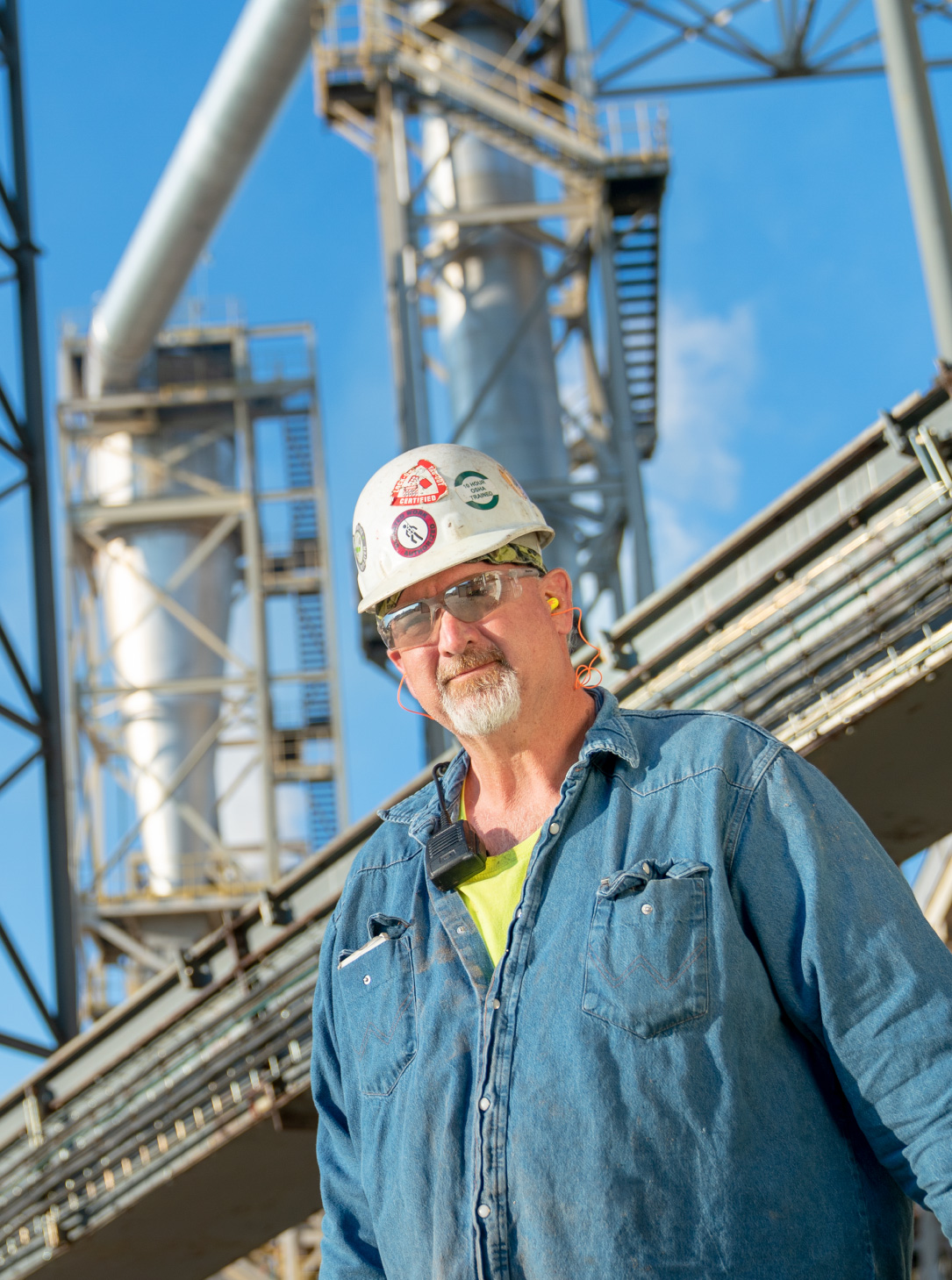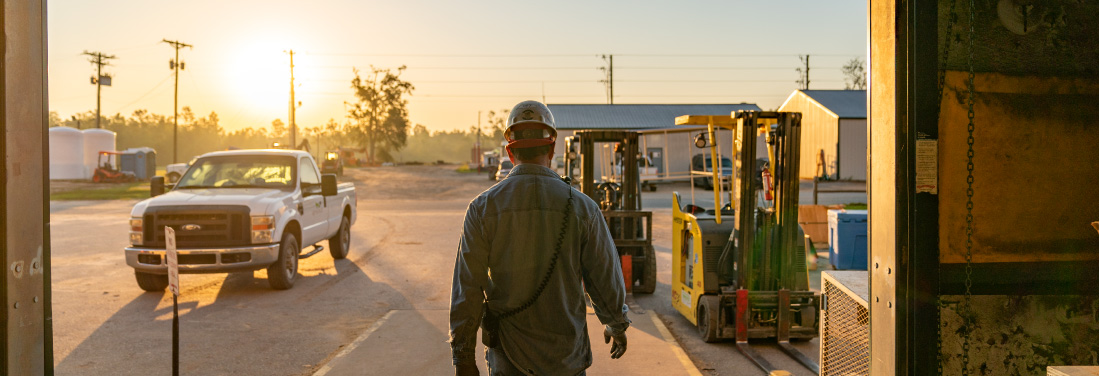Making a positive impact
We live where we work
We are proud to be an integral part of our communities, driving economic growth and striving to be a great neighbor.

Powering job creation
In rural America
~1,300
people are employed by Enviva, many in rural areas in the Southeast U.S. where economic development is needed
2+
According to studies by Chmura Economics, for every one job created at an Enviva facility, more than two additional domestic jobs are created in the community
Keeping forests as forests
Through strong demand markets
Enviva produces a sustainable forest product in the Southeast U.S., where the majority of forests are privately owned. Many of these forests are grown for timber production and, after harvesting, they are replanted or naturally regenerated as part of the forest regeneration practice that has been ongoing for centuries in the region. Markets for forest products impact landowner decisions about how to utilize their land and are a key reason landowners continue to invest in forests by planting seedlings, cultivating natural regrowth, managing these timberlands, harvesting, and consistently repeating the cycle. As a result of landowner decisions and care for their forests, for every ton of wood harvested from the working forests of the U.S. Southeast, approximately 1.75 tons grow each year. Clearly, the U.S. Southeast forest landscape is complex and dynamic, and home to a robust forest products industry and Enviva is proud to be a small, but important, part of this vital community of forest stewards.


Strategic and sustainable sourcing
How we choose our locations
![]()
World-class fiber resources
- High forest density
- Abundance of softwood
- Sustainable growth-to-drain ratios
- Growing timber industry
![]()
Local employment
- Availability of workforce at all skill levels
- Welcoming and supportive local community
- Nearby colleges interested in partnering on relevant training
![]()
Logistics optimization
- Access to roads and rails with high load capacity
- Low-impact supply chain
- Utility infrastructure
- Attainment zones
- Favorable business environment

Economic Benefits of Renewable Energy
Many of our facilities are in rural areas, where we increase economic opportunity and strengthen the communities where we live and work.

In the Community
Enviva is proud to partner with local organizations to support sustainable forest management, conservation, environmental education, and philanthropic initiatives that make a difference in the communities we call home.


